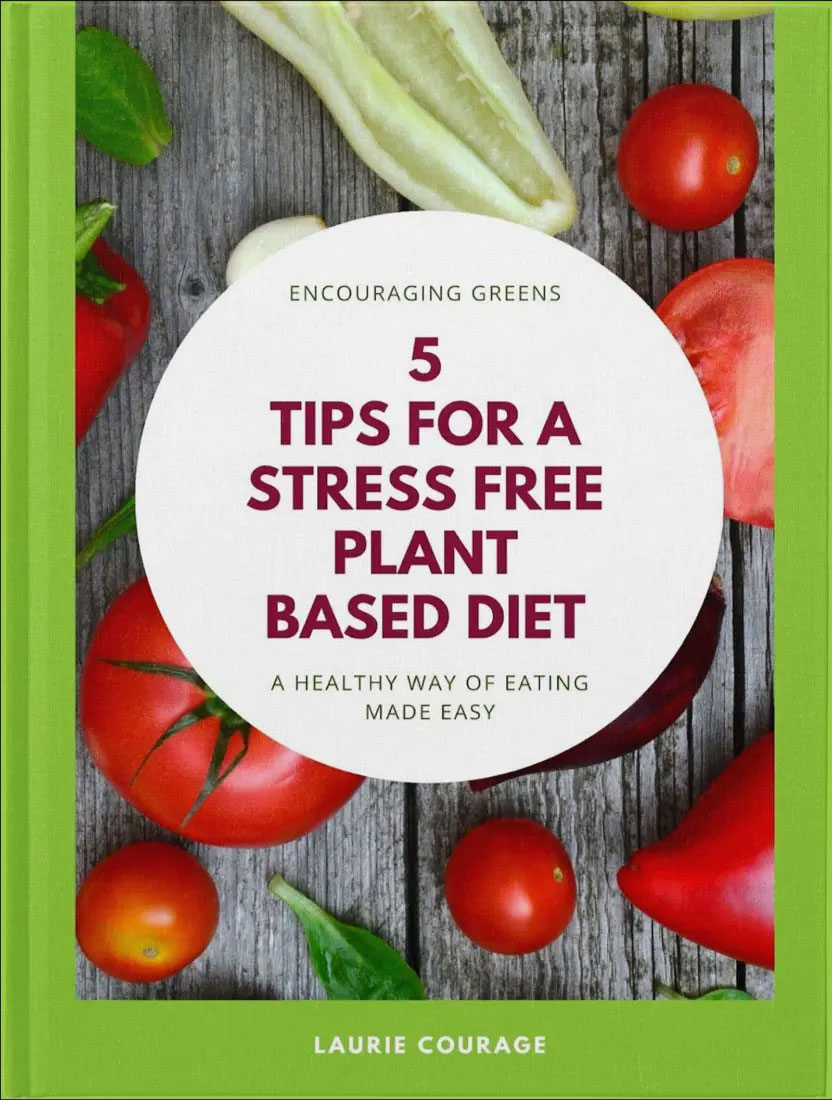We’ve all seen the images in the media of an empty store shelf used to show preparations underway for the latest snowstorm, or hurricane or now, sadly, a virus. People gather what they think they will need to get through a few days or weeks of scarcity or at least serious inconvenience while avoiding travel or other people. Of course, it makes sense to stock up on batteries, flashlights or water for a storm. What surprises me most is what food most people choose to buy. Why is it that the perishables like milk, eggs and bread sell out first? Wait, is everyone going home to make French toast?
Real Food with a Shelf Life
We can do so much better by stocking up on plant-based staples to have on hand now (and at any time)!
Beans/Legumes.
Whether canned (no salt added if possible) or uncooked (less money and no added sodium), legumes are easy, delicious and nutrient dense. Beans are a great source of protein, iron and zinc as well as fiber, B-vitamins including folate and potassium. In the book the Blue Zones, which focuses on communities with the longest living healthy centenarians around the world, legumes/beans were the one food they all had in common, an excellent choice to enhance longevity. Not a surprise since beans are heart healthy, help lower cholesterol and blood pressure, help fight some cancers and improve the gut microbiome. Simply soak if needed and add to soups or use to make hummus, sandwich spreads or very ‘possibly’ a real veggie burger. Use whole or mashed. Adds lots of delicious flavor and as a healthy and filling alternative to meat.
Intact Whole Grains.
Great source of fiber, B-vitamins and minerals. Intact grains are less likely to raise blood sugar than refined processed grains. So many choices including rice (esp. brown, red or black), oats (groats, steel cut, or rolled), rye, barley, farro, buckwheat, spelt, etc. Simple to rinse and batch cook. Easy to prepare on the stove or in a pressure cooker like the InstantPot. Freeze in portions if needed. To re-hydrate after storing or freezing, add a little water and heat.
Root Vegetables.
Potatoes, sweet potatoes, squash, carrots. Most starchy vegetables last a while and some can be stored in cool dark place and last a few weeks or more depending on how stored. Easy to buy in bulk. Don’t store your onions with your potatoes, and before tossing potatoes if they start to sprout eyes, instead cut them out, cook and enjoy.
Frozen Veggies and Fruit.
Some fruits like apples and oranges can last a while. When bananas get overripe, peel and freeze to use later with oatmeal or for dessert. When fresh isn’t an option, frozen is an excellent choice since they are often picked at peak of ripeness. Bulk stores often have large bags of organic frozen fruit and veggies that are inexpensive. Great idea to get some frozen greens too or make your own when in season.
Spices and Herbs.
Always good to have a stocked shelf of spices and blends without added salt. If you have herbs that might spoil, chop up into single servings and put in freezer. I recently chopped dill and froze just in a bag, and now I use what I need.
Dehydrated options.
If you don’t have a dehydrator or time, consider adding some dehydrated veggies to your pantry. They are a good stand-by and easy to reconstitute in water when needed. Some vegetables have been further reduced to powders, such as veggie broth and powdered greens. I have even found powdered soy milk to come in handy when traveling. When it comes to vegetables, I have had better luck with dehydrated vs freeze dried since there is less variability in moisture, but both options can work.
Where to Stock Up
Local stores.
- Great to support local markets. Ask if you can buy by the case. Take advantage of bulk section.
- Buy seasonal (especially organic and local) and store (see below)
Big box stores.
- Examples include – Costco, Walmart, Target, Sam’s Club, etc.
- Check out large bags frozen organic fruits/vegetables including greens
Online stores – Here are a few favs.
- Vitacost (canned/dried beans, grains)
- Amazon (bulk options for grains and staples)
- Harmony House (dehydrated vegetables)
- Augason Farms (emergency food supplies)
- ULine, Container Store or your local hardware store (food grade storage containers to store bulk foods, from simple mason jars to 5 gallon tubs )
GYO, plan ahead for the future now.
- Source local food in season and put away so you can enjoy year round (freeze, dehydrate, root cellar, canning)
- Continue to buy local veggies from CSA and Farmers Markets.
- Grow your own food in your garden
The great news about stocking up in advance of the next big run on grocery shelves is that in the midst of whatever may come, you won’t have to go anywhere. Instead, you can enjoy a delicious and very affordable plant-based meal from your well stocked pantry, today and every day. Stay safe.

